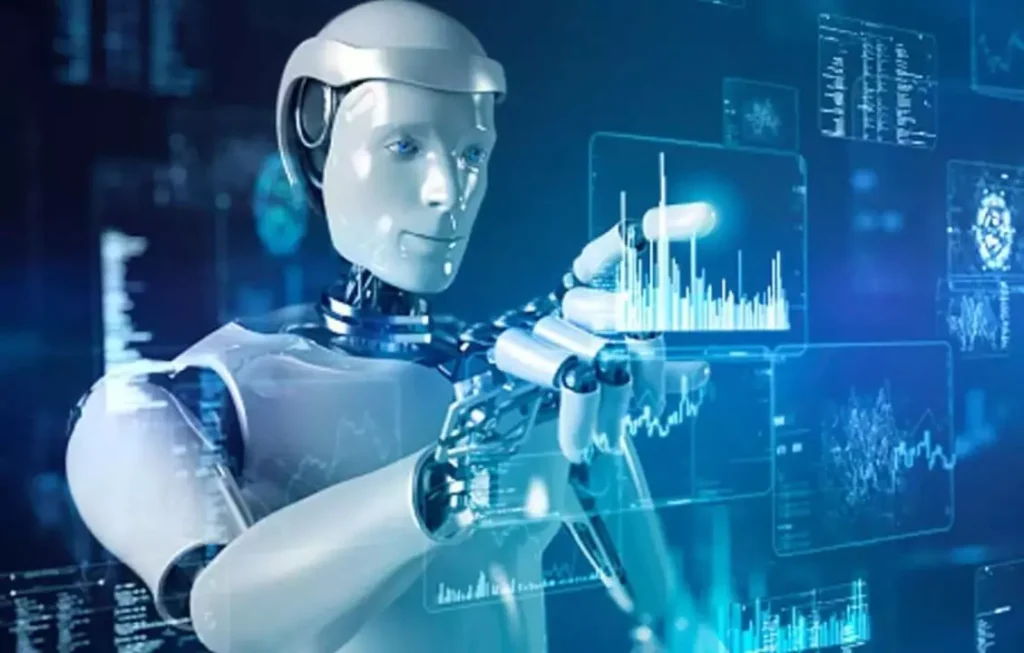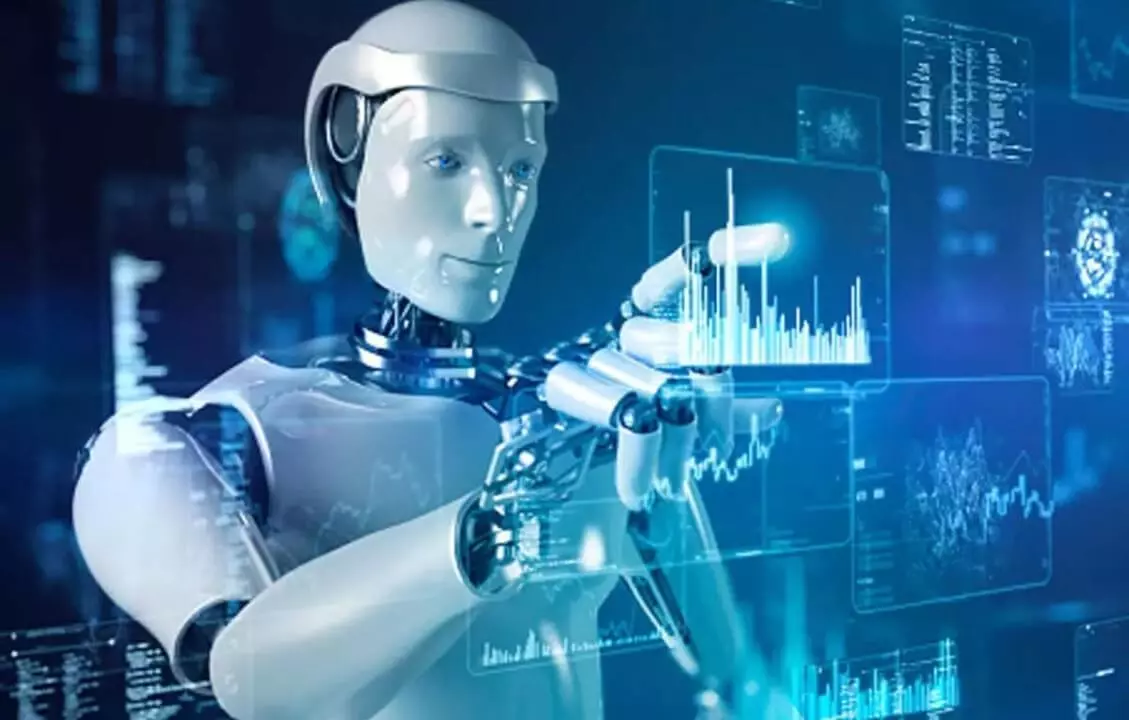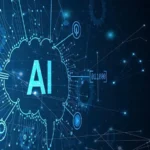The Rapid Growth of AI and its Impact on Jobs
The field of artificial intelligence has seen Rapid Growth of AI in recent years that is reshaping the workforce at an unprecedented rate. As AI capabilities have expanded into more areas that were traditionally done by humans, new roles focused on AI have emerged while some existing jobs have been displaced. In this blog post, we will analyze the Rapid Growth of AI and its impact on jobs.

Content
New AI Jobs
To support the Rapid Growth of AI, many companies have created new roles focused specifically on AI-related work. Jobs like AI engineer, machine learning scientist, and data scientist have grown rapidly to develop new AI technologies and integrate them into products and services. As AI continues to advance, the demand for skilled AI talent will likely continue to grow. Companies are investing heavily in research to push the boundaries of what is possible with AI and need experts who understand both AI techniques and how to apply them.
In addition, as AI becomes more commonplace, new types of jobs have emerged that focus on how humans and AI can work together most effectively. Roles like AI ethicist ensure that AI systems are developed and used responsibly and do not negatively impact people. User experience researchers study how people interact with AI to improve the experience. Another growing field is AI governance, with jobs focused on establishing processes and oversight of AI.
Job Displacement and Changes
While new AI jobs are being created, the Rapid Growth of AI is also resulting in changes to existing roles and in some cases, job losses. AI and automation have significantly impacted industries like manufacturing by taking over repetitive and dangerous tasks. This has reduced the number of workers needed for roles on production lines. Other jobs that involve predictable physical work or collecting and processing large amounts of structured data are also at a high risk of automation according to the World Economic Forum.
However, AI is not just replacing jobs but also changing the nature of work. In many cases, AI augments human capabilities rather than replacing humans entirely. For instance, while driverless vehicles may reduce the need for commercial drivers in the long run, in the near future AI will help enhance road safety by assisting drivers rather than acting completely autonomously. Similarly, AI chatbots and virtual assistants are augmenting but not replacing most customer service roles by handling basic inquiries independently. This allows human agents to focus on more complex tasks.
Reskilling and New Skills
To adapt to the changing job landscape, reskilling existing workers and developing new skills will be crucial. According to a report from the World Economic Forum, by 2022, more than 1 billion people worldwide may need to reskill for jobs of the future. Roles like data entry clerks, accounting assistants and back-office support staff will require training in AI, data analytics, and customer engagement to take on more value-added tasks. Soft skills like critical thinking, complex problem solving, and social skills that complement AI capabilities will also grow in importance.
Companies and governments are recognizing the need to support workers impacted by technological change. Initiatives aim to help workers from declining industries transition to growing fields through funding for education and job training programs. Community colleges and online learning platforms are also expanding course offerings in high-demand skills like coding, data science and UX design. While the Rapid Growth of AI presents challenges, with a focus on reskilling and lifelong learning, its impact on the workforce can be managed successfully.
Managing Change with an Ethical Approach
As the pace of technological change accelerates, it is important that we thoughtfully manage this transition and leverage AI’s potential while mitigating risks. Companies developing AI have a responsibility to consider how their technologies may impact jobs and livelihoods to ensure the benefits are shared broadly. With an ethical approach and open dialogue between stakeholders, we can harness AI to create more and better jobs rather than job losses. Governments too must support workers to reskill through education and social programs, enforce fair labor practices, and ensure new technologies are developed and applied responsibly. If properly guided, the Rapid Growth of AI can fuel greater prosperity rather than economic insecurity.
In summary, while the Rapid Growth of AI is undeniably transforming the workforce, with proactive management of change through reskilling and new job creation, its impact does not need to be negative. By focusing on responsible and ethical development of AI, leveraging human strengths, and supporting workers in transition, we can ensure the benefits of advanced technologies are shared by all.
FAQs
What types of new jobs are being created due to advances in AI?
New jobs focused specifically on AI include roles like AI engineer, machine learning scientist, data scientist, AI ethicist, user experience researcher, and jobs in the field of AI governance.
How can workers impacted by job disruption due to AI reskill for future careers?
Workers can reskill for growing fields through education and training programs funded by companies, governments, community colleges and online learning platforms. In-demand skills include coding, data science, analytics, UX design, and soft skills like problem solving that complement AI.

Glen Macey is an expert in all things technology. He enjoys writing blogs about how to use the latest software and hardware on the market, while also providing advice for using existing technology more effectively. His favorite pastimes include reading comic books and playing video games.




